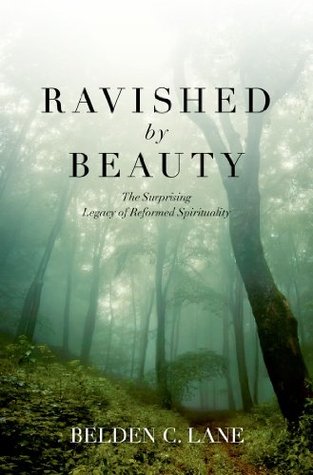Through the centuries, then, Calvin’s God of beauteous splendor has remained large (and wild) enough to capture the human imagination in ways that give distinct value to the earth. What started in sixteenth-century Geneva, came to bud in seventeenth-century Puritanism, and blossomed in Edwards’s eighteenth-century thought would take new directions in the nineteenth-century work of Emerson, Nevin, Bushnell, Muir, and others. In the twentieth century, it went on to express an increased ethical responsibility, with writers like Jürgen Moltmann, George Hendry, Holmes Rolston III, Richard
...more
Welcome back. Just a moment while we sign you in to your Goodreads account.


